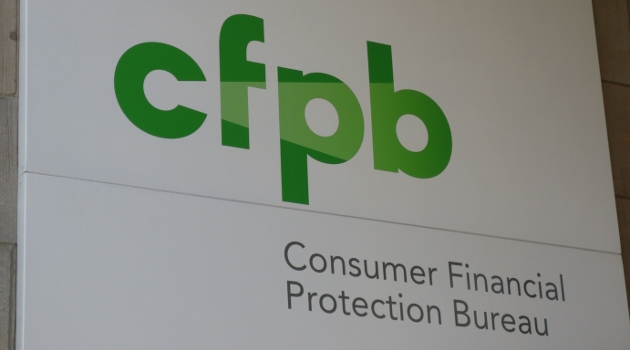This article appeared on AL.com on August 4, 2015.
Republicans in Congress bitterly fought the formation of the “Consumer Financial Protection Bureau” when it was under consideration five years ago, but even its critics might not have imagined what a monster the Obama administration has unleashed on all of us.
Its auspicious beginning was the patently illegal nomination of its leader, Richard Cordray. Faced with Congressional opposition, President Obama adopted the unprecedented (his favorite word) tactic of using a “recess appointment” while the Senate was actually in session. Later the Supreme Court ruled 9-0 the act had flagrantly flouted the law.
Despite the ruling, Senate Democrats were later able to squeak Cordray through to a real, Senate confirmed title, director of the CFBP for five years. The deciding factor helping him through the Senate was a threat of destroying the filibuster, which Democrats proceeded to do shortly thereafter anyway.
You might imagine that an agency essentially founded on disregard for Congress and the law might reflect that spirit in its actions, and the CFPB under Cordray has certainly proved that true.
Its initial regulations have pushed the legal envelope in every conceivable way, stretching its authority to the breaking point. For example, although the CFPB’s authorizing legislation included specific language that it could not prohibit certain interest rates, it went on a regulatory jihad against the payday lending industry on precisely those grounds.
Cordray oversaw the completion of a lavish headquarters building, which, as a lawmaker pointed out in a recent hearing, cost more per square foot than the Trump World Tower, leaving taxpayers with a tab over nearly $150 million. Asked how he could defend the staggering cost at the hearing, Cordray was characteristically brusque with the Chairman of the House Financial Services Committee, Rep. Jeb Hensarling
Now Hensarling’s Senate counterpoint, Alabama’s own Sen. Richard Shelby (R), has come under attack in these pages for questioning the CFPB. Shelby, wrote Shay Farley, the legal director of Alabama Appleseed, is making “ceaseless efforts to block regulation and undermine [the CFBP’s] effectiveness.”
The CFPB’s “effectiveness” is an interesting notion.
Recent whistleblower reports from inside the agency cast it as a woefully dysfunctional, almost hellish place to work.
In April 2014, a CFPB employee charged there was “a widespread culture of discrimination and retaliation at the agency, alleging that parts of the bureau are plagued by racial tensions and managers that bully subordinates,” Politico reported. Included in the employee’s allegations were revelations that one office in the CFPB, populated by mostly African Americans, was referred internally as “the plantation,” an offensive reference to the slavery era.
When Congress moved to look into the charges, CFPB officials actually refused to attend a congressional hearing, a remarkably bold act, especially given that Congress holds subpoena power over it.
A month later, still reeling from the discrimination complaints, the agency announced it would no longer rate its employees on performance – the results of the ratings were too discriminatory, it said. Instead, from now on, all employees would receive the highest performance rating.
While discrimination at the CFPB must be rooted out, that response struck many observers as reactionary. But also costly – the promotions required by the new policy were estimated to cost over $5 million.
In other instances, CFPB has actively worked to keep Congress and the public in the dark about what it’s up to, including scrubbing calendars that are subject to Freedom of Information Act requests. Notably, the CFBP is one of four federal agencies exempted from open meeting provisions in federal law. The others are the CIA, the Office of the Director of National Intelligence and the Federal Reserve.
We’ve seen what happens – with the IRS scandal, the disgraceful treatment of veterans at Veterans Administration hospitals, and so on – when government agencies run-amok. Everything about the CFPB, including its volatile leader, Cordray, is a giant, waving red flag that should alarm all of us. And to the extent Shelby is conducting oversight on this out-of-control agency, he ought to be commended.

